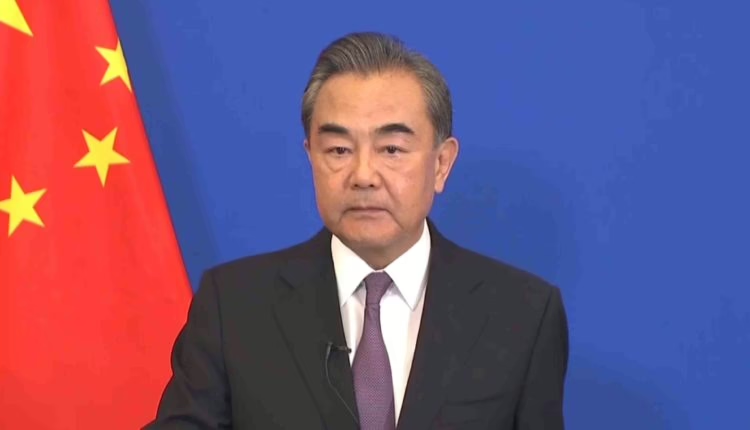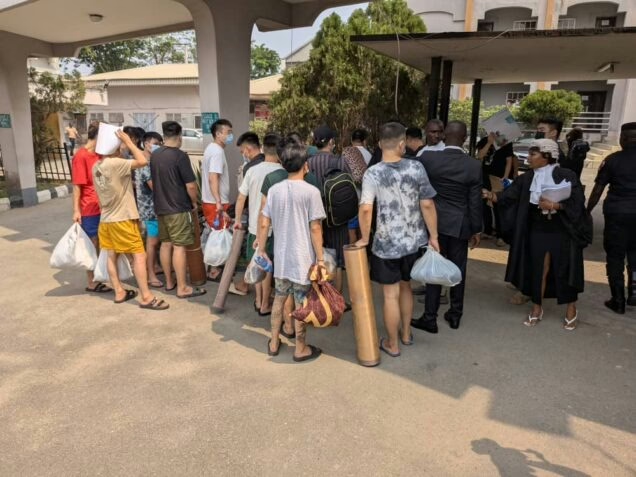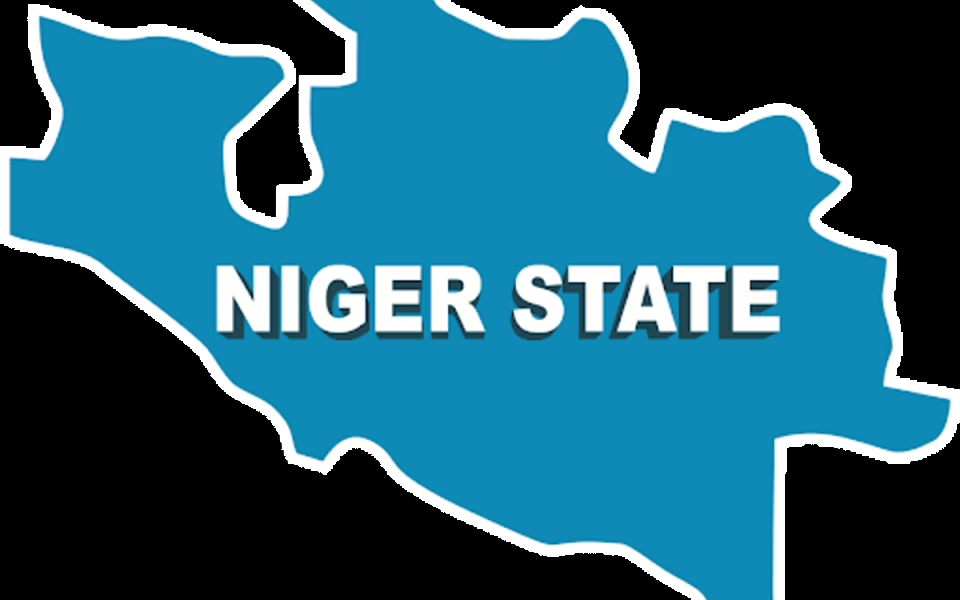On August 8, 2023, President Bola Ahmed Tinubu, GCFR inaugurated the Presidential Committee on Fiscal Policy and Tax Reforms in Abuja. This committee, established four weeks prior, is chaired by Taiwo Oyedele, a former Fiscal Policy Partner and Africa Tax Leader at PriceWaterhouseCoopers (PwC). Membership of the Committee includes professionals from the public and private sector.
While inaugurating the committee, the President expressed a desire to see a shift in focus of Nigeria’s tax system away from that which taxes the poor and production to one that taxes returns on investment, income, and consumption. He also directed all government agencies, ministries, and departments to fully cooperate with the committee.
The President outlined the committee’s objectives, which include addressing issues such as the multiplicity of revenue collection agencies, the high cost of revenue administration, the excessive compliance burden on taxpayers, the lack of effective coordination between fiscal and economic policies, and poor accountability in tax revenue utilization. The committee is tasked with proposing viable and cost-effective solutions to these challenges.
SPONSOR AD
A few months ago, the Federal Government sent four tax reform bills to the National Assembly for consideration, in what has become the climax of the tax reform activities of the presidential committee. The tax reform bills have led to significant tensions in the country as the National Economic Council (NEC) and some Governors, especially from the northern region, opposed the proposed VAT sharing formula which they argue will put the region at a disadvantage.
- Tax reform bills won’t impoverish North – Presidency
- Five Takeaways from Tax Reform bills
The Federal Government took the lead in initiating fiscal and tax policy reforms, which is in order. But the political authority failed to conduct extensive stakeholder engagement to secure the buy-in of state governors and the NEC who are very critical stakeholders in this reform. Although NEC and the Governors were engaged about the broad tax reforms, the details of the proposed VAT sharing formula was not discussed with them. An effective engagement strategy would have led to transparent discussions leading to some compromise and general consensus before the tax reform bills were sent to the legislature.
Instead, the Federal Government adopted a top-down approach that didn’t give much regard to the federating units. The Northern Governors’ Forum inflamed tensions by framing the reform as an anti-north agenda, this came after the National Economic Council (NEC) expressed reservations about the bill. Unfortunately, the media sensationalized NEC’s resolution attributing it to the Vice President who chairs the Council and painting a picture that he was challenging his boss.
In truth, the Vice President has demonstrated unquestionable loyalty to his boss. But he cannot dictate resolutions to NEC. The media narrative around the issue suggests that there are fifth columnists in the administration who are pushing an agenda to create friction between the President and his Vice. Although the proposed VAT sharing formula will leave many northern states at a disadvantage, what has been left largely unsaid is that many southern states will also be at a disadvantage.
Agora Policy’s review of FAAC documents highlights the complexities of the current VAT-sharing formula. For instance, its report shows that Lagos accounted for 53% of total VAT contributions over 10 months, primarily due to the “Headquarters Effect,” as major companies pay VAT from their Lagos offices. However, Lagos only received 16.76% of its contributions, illustrating that high-contributing states do not necessarily receive proportional benefits. Conversely, the report shows, states with minimal contributions often receive significant payouts, creating imbalances that need addressing. This review, however, is a one-sided view of VAT revenue.
VAT paid by companies Headquarters in Lagos are not generated strictly in Lagos. Those companies, such as banks, oil and gas companies, big telecommunications firms, manufacturers etc generate their revenue form across the country but only declare them in Lagos state given that they are headquartered in Lagos. This should not be construed as revenue generated in Lagos alone. As an example, If Cadbury produces goods in Lagos and sells to all of Nigeria but declares the revenue in Lagos, is it justified to classify the revenue as coming from Lagos alone? Isn’t VAT a tax paid by the consumers of Cadbury products who are spread across the country?
The current VAT formula isn’t unfair to the extent that it is being portrayed. The unfairness actually lies in the fact that some states that ban certain products such as alcohol, partake in the sharing of VAT from sales of those products. This, in my view, as someone who is from the north, and a Muslim is one of the areas that need reform. Where alcohol is not sold, VAT from alcohol should not be received. Fair. But for products that are consumed everywhere in Nigeria and the VAT is paid by the consumers in the 36 states and the FCT, it would be unfair to appropriate those VAT revenues to Lagos, being the headquarters where the taxes were declared. The taxes were actually paid in the 36 states and FCT by those who consumed them.
From the foregoing, and in view of international best practices from free market democracies, it can be argued that Company Income Tax (CIT) is what should be appropriated to state governments where the revenues were generated. This will however require an amendment of item 59 of the exclusive legislative list of the Nigerian Constitution 1999 (as amended), which imposes the rights over CIT to the Federal Government alone.
In the United States, as an example, Company Income Taxes (or Corporate Tax as they call it) are paid to both federal government and state governments unlike in Nigeria where only the federal takes it all. The logic in the US is that federal government runs the armed forces and provides national security, strategic regulatory frameworks, build and maintain infrastructure, regulate international trade and foreign relations etc all of which support a conducive business environment, hence the need to take a share of companies’ taxes. The states are also responsible for creating conducive business environment to some extent as they build infrastructure, regulate some industries and provide local security through state or city police etc. They also get company income taxes.
As such corporations in the United States are subject to a federal corporate income tax at a rate of 21 percent to compensate for what the Federal Government does to make businesses thrive. Additionally, 44 states and the District of Columbia impose their own varying corporate income taxes, with rates varying in different states from 2.5 percent in North Carolina to 11.5 percent in New Jersey. This also compensates them for policing the society and regulating other aspects of the business operating environment, building infrastructure etc that make it possible for companies to do business in their states.
In Nigeria, the states arguably deserve a sizeable portion of the pie for the work they do to make their states good for business. This however, should come in the form of getting a portion of CIT not VAT, in the way and manner that the tax reform Bill has proposed. CIT is tax on the company income and since both federal and state governments support the creating of the enabling environment, they all should get a share. VAT, on the other hand, is a tax on the consumers and these customers are spread across the country. Lagos is not the most populous state, Kano is (even though purchasing power is higher in Lagos).
Tow points explain why the tax reform committee propose to prioritize derivation for VAT instead of CIT. the first is that revision of CIT Nigeria to allow states to get a portion of the revenue will require constitutional review unlike VAT whose derivation can be amended Act of the National Assembly. The second reason is that CIT will deplete federal income and the tax reform committee doesn’t want that either, given that their Principal is the president who heads the Federal Government. For these two reasons, the Committee has proposed a “faster” but less justified and less sustainable form of tax reform by proposing the review of VAT revenue in the way and manner it has done it.
The Presidential Committee is apprehensive that a constitutional review will not fly easily given the complexity of reviewing the constitution—It requires the votes of two-thirds of members of both houses of the National Assembly and approval by resolution of 24 States Houses of Assembly. This explains why the committee has taken a back door approach to effect revenue sharing adjustments.
To address the concerns of states like Lagos where most of the businesses are located, a constitutional review is inevitable as it is the most justifiable and equitable way to fair revenue allocation. This way too, Lagos will emerge as the big winner, given that most big company headquarters are in Lagos.
An attempt to amend the constitution along this line will not go unchallenged by governors and lawmakers either. But this will be easier to justify as fair and in accordance with best practices.
Given that the tax reform is one of the most laudable initiatives of the current administration, it is unfortunate that Presidential Committee has focused on VAT rather than CIT in pushing for derivation to take supremacy in revenue sharing. They have either by commission or omission misled the President into the current crisis. A 20% CIT to the federal government and 7% to the host states would have done the magic, or so I think.
Anas Galadima, a professional in public policy and stakeholder engagement, writes from Abuja.
Join Daily Trust WhatsApp Community For Quick Access To News and Happenings Around You.











